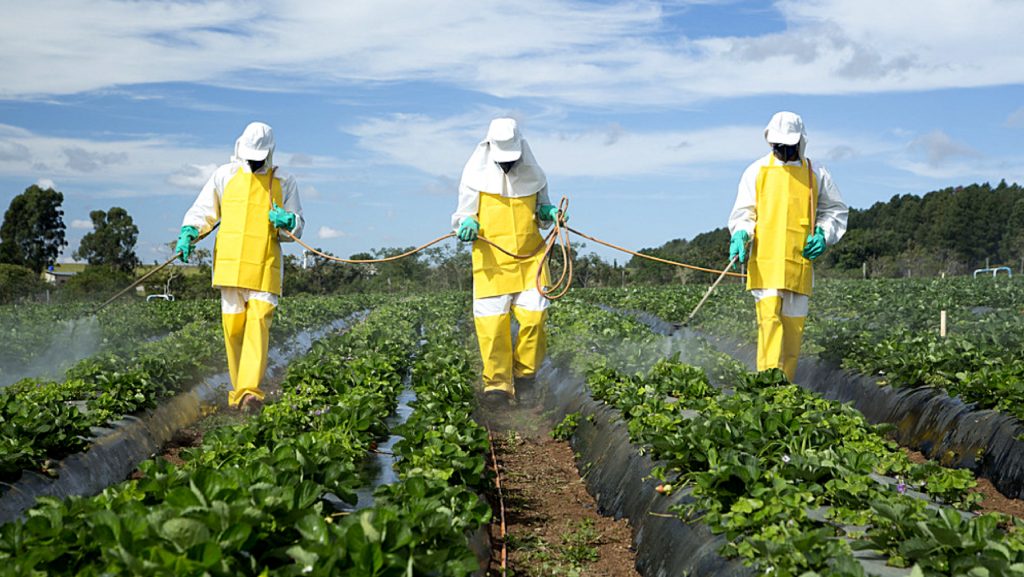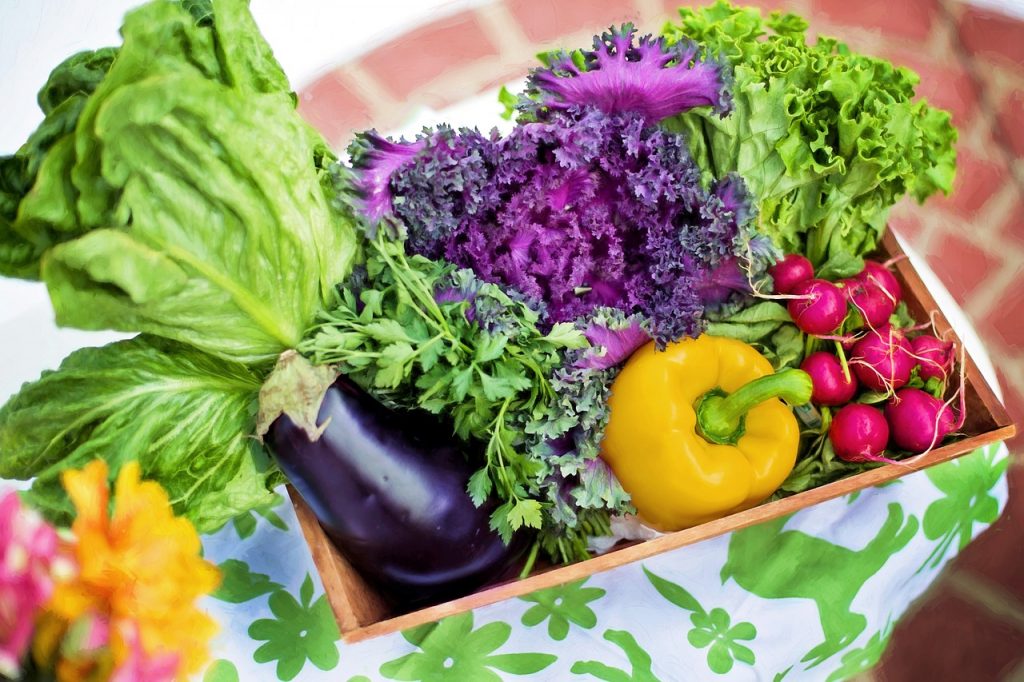Cet article n'est pas disponible en .
Traductions disponibles : 🇺🇦 Українська | 🌐 العربية | 🇩🇪 Deutsch | 🇳🇱 Nederlands | 🇪🇸 Español | 🇮🇹 Italiano | 🇺🇸 English | 🇫🇷 Français
I have to tell you… when I discuss organic food with other people, I’m often surprised by their reactions.

One of the major arguments I hear is that organic food doesn’t exist anyway. Indeed, when a field is treated, it’s obvious that some of the micro-droplets of the product fly away to neighboring fields. Now, it’s not uncommon for an organic field to be surrounded by non-organic fields.
While this reflection is not devoid of common sense, we should remember however that the dose of these micro-droplets is relatively tiny compared to what is actually deposited on non-organic fields. Now a large part of the debate lies there: we live in a world where it’s impossible not to consume chemical products. Unless we live in a remote place, in the middle of nature, without any modern objects, we ingest through our breathing, our food, our skin, quantities of non-natural molecules daily. The challenge therefore consists of consuming as little as possible.
From then on, the question is as follows: Is it better to consume organic food that might possibly contain a tiny part of unwanted products or to tell ourselves it’s useless and continue ingesting heavily treated foods?
You should know that we are fortunate in Switzerland to have selection criteria for organic food that are more restrictive than most European countries, and their compliance is regularly verified by our consumer associations: The result is that it’s very rare to find unwanted products on organic food in Switzerland. Moreover, certification organizations individually control each farm one to two times per year as well as the entire transformation and distribution chain.
Another belief I sometimes hear is that the interest in organic food is only for the consumer’s health. While this aspect is indeed central, it also depends on the quality of our soils. Now our modern cultivation methods contribute to their impoverishment. Through this phenomenon, we impact fauna, flora, and obviously our health. The transition to organic therefore allows encouraging responsible cultivation. And don’t believe that the result takes time. Some might say « yes but we’ve been doing it this way for decades, it’s too late, we can’t repair the problem anymore »… You’re wrong: during a transition to organic, we very quickly observe an explosion of life in previously treated fields. Nature is resilient: as soon as we let it express itself, it reclaims its rights.

RTS dedicated an « On En Parle » program in June 2016 in the form of an interactive counter 1), thus responding to listeners’ questions and concerns. I invite you to listen to the discussions that result from it.
Of course, organic is the ideal path to follow for better health and a better environment. However, to go all the way, we should ideally tend to choose local and seasonal products. Indeed, organic foods grown under the plastic sea of Almeria are not necessarily the panacea from an ecological point of view. Still, it’s better than all other crops.
All in all, don’t understand here that you need to change all your habits overnight. My objective is to inform you. Be critical, get informed and make your choices according to your desires, your possibilities and your values.
Three films to help you make your choices:
Silent Revolution: Currently in theaters
Tomorrow: A hopeful film that demonstrates that change is underway
Home: By Yann Arthus-Bertrand produced by Luc Besson and available free on Youtube. An assessment and a message of hope